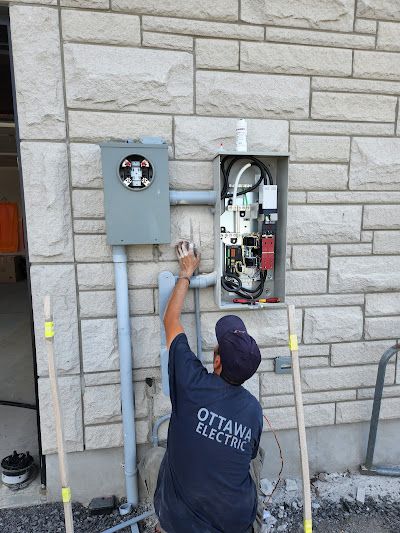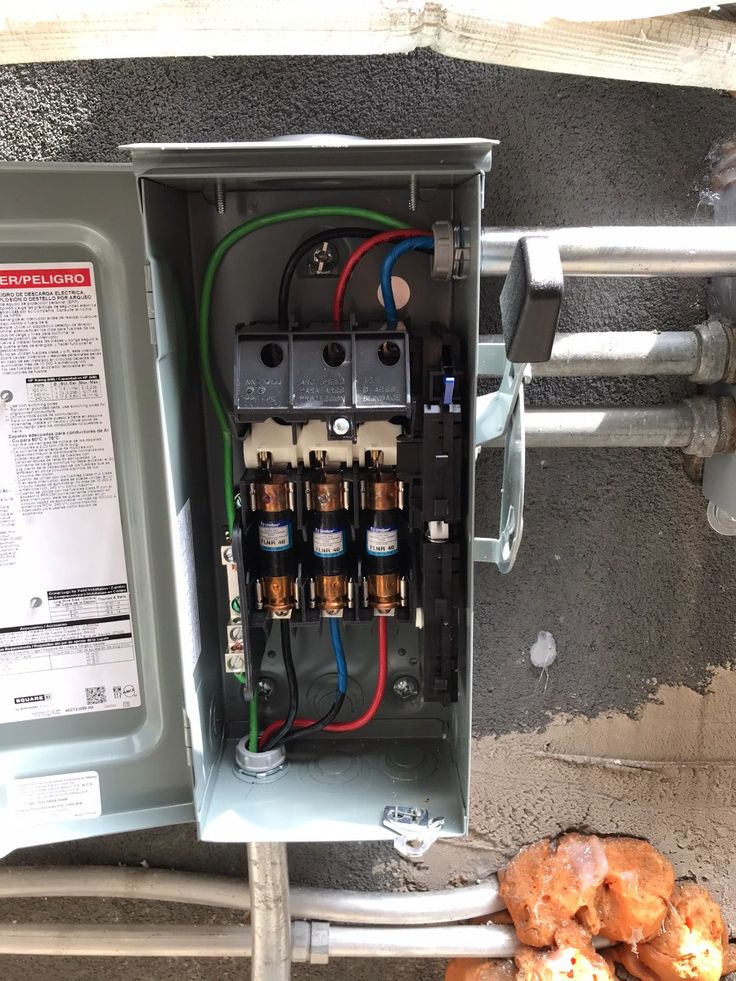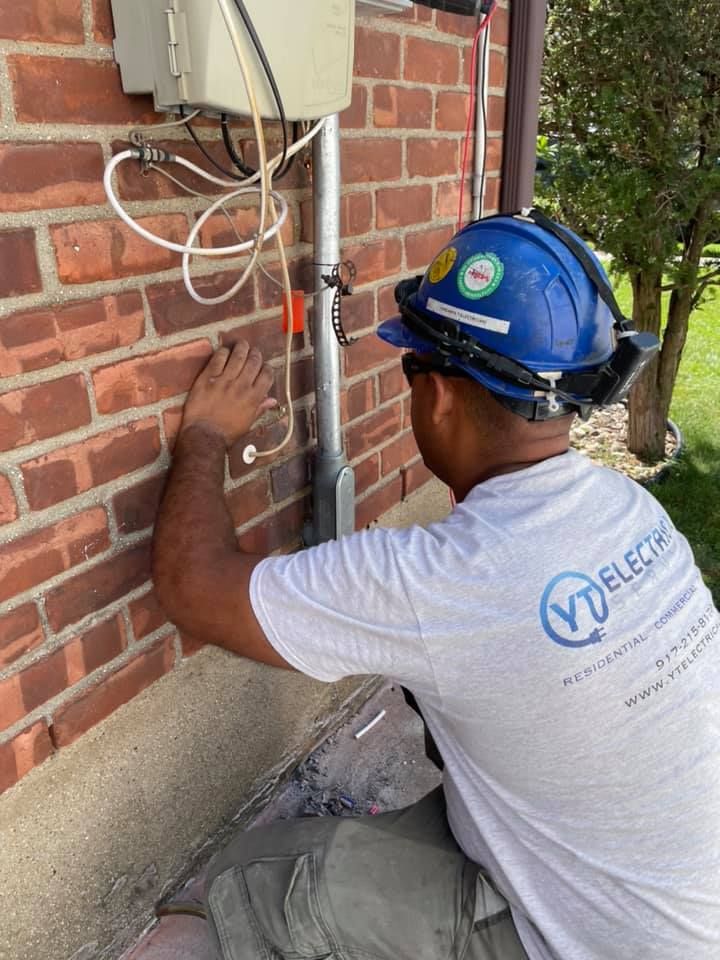
The Critical Importance of Electrical Wiring Inspection
Electrical Wiring Inspection is the circulatory system of any building, silently powering our lives and businesses. However, like any complex system, it requires regular scrutiny to ensure its safe and efficient operation. An electrical wiring inspection is not merely a formality; it’s a critical preventative measure that safeguards property, prevents accidents, and optimizes energy consumption. Neglecting these inspections can lead to serious consequences, including electrical fires, electrocution, and significant property damage.
Why Regular Electrical Inspections Are Non-Negotiable
Many building owners tend to overlook the electrical system until a problem arises. This reactive approach is risky and often more expensive than proactive maintenance. Regular electrical inspections offer a multitude of benefits:

Ensuring Safety and Preventing Hazards
The primary reason for any electrical inspection is safety. Faulty wiring, outdated systems, or overloaded circuits are ticking time bombs waiting to cause an electrical fire. According to fire safety organizations, electrical malfunctions are a leading cause of residential and commercial fires. An inspector can identify frayed wires, loose connections, improperly grounded outlets, and other potential fire hazards before they escalate into disaster. Beyond fire, the risk of electric shock and electrocution from faulty wiring is a severe threat to occupants. Inspections help to ensure that all wiring is properly insulated, circuits are correctly protected, and grounding systems are intact, significantly reducing these risks.
Identifying Outdated and Non-Compliant Wiring
Electrical codes and standards evolve. What was considered safe and compliant decades ago may not meet today’s requirements. Older homes and buildings are particularly susceptible to having outdated wiring systems, such as knob-and-tube or aluminum wiring, which are known to be more prone to issues. An electrical inspection will identify such outdated systems and advise on necessary upgrades to bring the property up to current safety standards. This is crucial not only for safety but also for insurance purposes and potential resale value.
Optimizing Energy Efficiency and Saving Costs
Beyond safety, a well-maintained electrical system operates more efficiently. Loose connections, corroded wiring, and overloaded circuits can all lead to energy loss, resulting in higher utility bills. An inspector can identify areas of inefficiency and recommend solutions, such as upgrading to more efficient lighting, ensuring proper insulation of wires, or balancing electrical loads. These recommendations can translate into significant long-term cost savings on energy consumption. Furthermore, by identifying minor issues before they become major problems, inspections can prevent costly emergency repairs and system overhauls down the line.
What Does an Electrical Wiring Inspection Entail?
A comprehensive electrical wiring inspection typically involves a thorough examination of various components of your electrical system. While the exact scope can vary depending on the property type and the inspector, common areas of focus include:
The Electrical Service Panel and Circuit Breakers
The service panel (breaker box) is the heart of your electrical system. The inspector will examine its condition, ensuring proper labeling, correct amperage ratings for circuit breakers, and no signs of overheating or corrosion. They will check for any tripped breakers or signs of overloaded circuits.
Wiring and Connections
This is perhaps the most extensive part of the inspection. The inspector will look for visible signs of wear and tear on wiring, such as frayed insulation, exposed wires, or signs of rodent damage. They will check for secure connections at outlets, switches, and light fixtures, ensuring there are no loose wires that could lead to arcing or overheating. The type of wiring (e.g., copper, aluminum, knob-and-tube) and its suitability for current demands will also be assessed.
Outlets, Switches, and Light Fixtures
All accessible outlets will be tested for proper polarity and grounding. Ground Fault Circuit Interrupter (GFCI) outlets in kitchens, bathrooms, and outdoor areas will be tested to ensure they trip correctly. Switches and light fixtures will be checked for proper operation and secure mounting. The inspector will also look for any signs of scorching or discoloration around these fixtures, which could indicate overheating.
Who Should Perform an Electrical Inspection?
Electrical wiring inspections should always be conducted by a qualified and licensed electrician or electrical inspector. These professionals possess the necessary expertise, training, and tools to safely and accurately assess your electrical system. They are knowledgeable about local electrical codes and national safety standards, ensuring that their findings and recommendations are reliable and compliant. Attempting to perform a detailed electrical inspection yourself without proper qualifications is extremely dangerous and could lead to severe injury or further damage to the electrical system.
In conclusion, an electrical wiring inspection is a proactive investment in the safety, efficiency, and longevity of your property. By identifying and addressing potential issues before they escalate, you can prevent costly repairs, reduce energy consumption, and most importantly, protect lives and assets. Make regular electrical inspections a priority for your home or business.


Leave A Comment